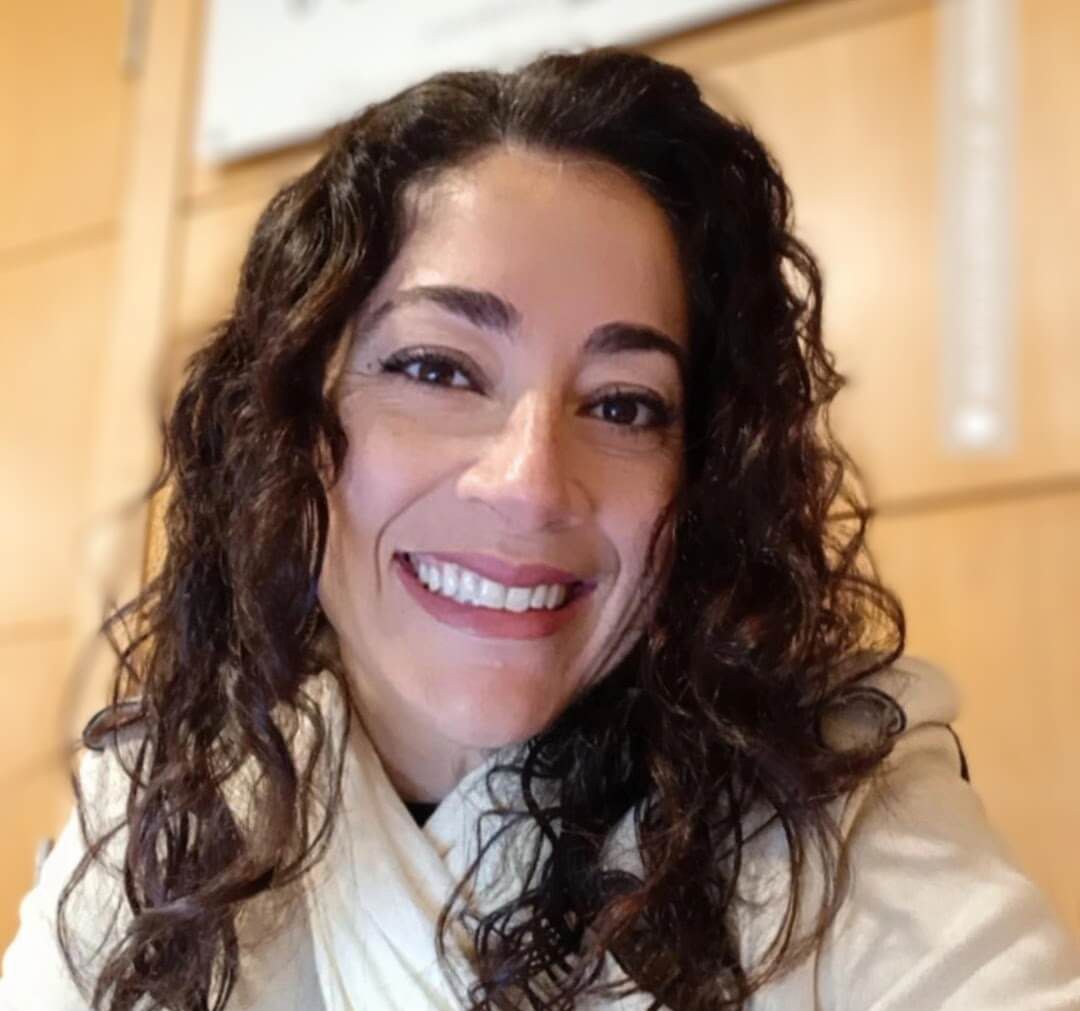
Ana Paula Carvalho
Ana Paula Carvalho holds a Master's degree in Cultural Studies, Memory and Heritage and is currently a PhD candidate in Sociomuseology with a project funded by FCT under the protocol with the Directorate-General for Cultural Heritage (BD-12/2023): “Social Museology and the Movement for the Revitalization of Fairs and Marketplaces in Portugal: sustainable development based on creative economy, cultural heritage and community-based tourism.”
Advisor: Marcelo Lages Murta
Áreas de interesse académico e científico Areas of academic and scientific interest
- Sociomuseology
- Intangible cultural heritage
- Territory, communities and creative economy
- Cultural policies
- Inclusive sustainable development
- Diversity and development
Abstract
This research proposes to analyze a clearly perceptible movement in Portugal: on the one hand, the revitalization of markets with the inclusion of cultural products, with tourist appeal; and on the other hand, the Popular Fairs, which relate to various communities – with representativeness in local history. And also, models that balance tourist appeal with local representation. Thus, some markets and fairs will be the object of analysis, having the Alentejo region as a territorial field clipping. The observation of these movements, simultaneously, will be possible, from a perspective of analysis that overlaps sociomuseology, community museology, cultural heritage, creative economy, community-based cultural tourism and territory, which, as fields of research and social intervention, impact on community development, on the social function of museums and on the preservation of heritage. It hypothesizes the intersection of community tourism with social museology and cultural heritage, where collective modulation strengthens a museological culture committed and appropriated by local communities. In view of the growing movements related to the creative economy and shared and participatory management, it is advocated the adoption of appropriate measures that ensure the availability of infrastructures and basic services for the communities that meet and operate in and around museums, appropriating the existing flow in municipal markets and popular fairs, through public-private partnerships and shared management, making it possible to promote sustainable livelihoods for local communities.



